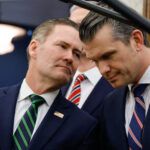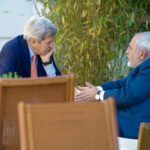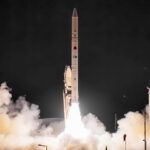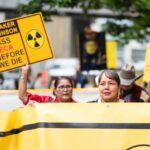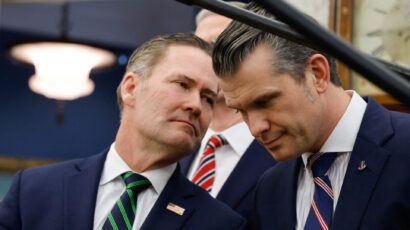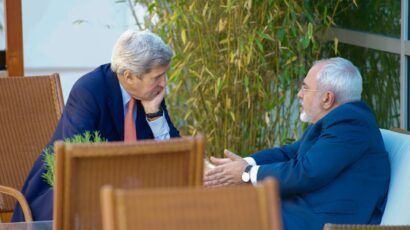The Biden-Putin summit from the eyes of a Geneva local
By Pavel Podvig | June 17, 2021
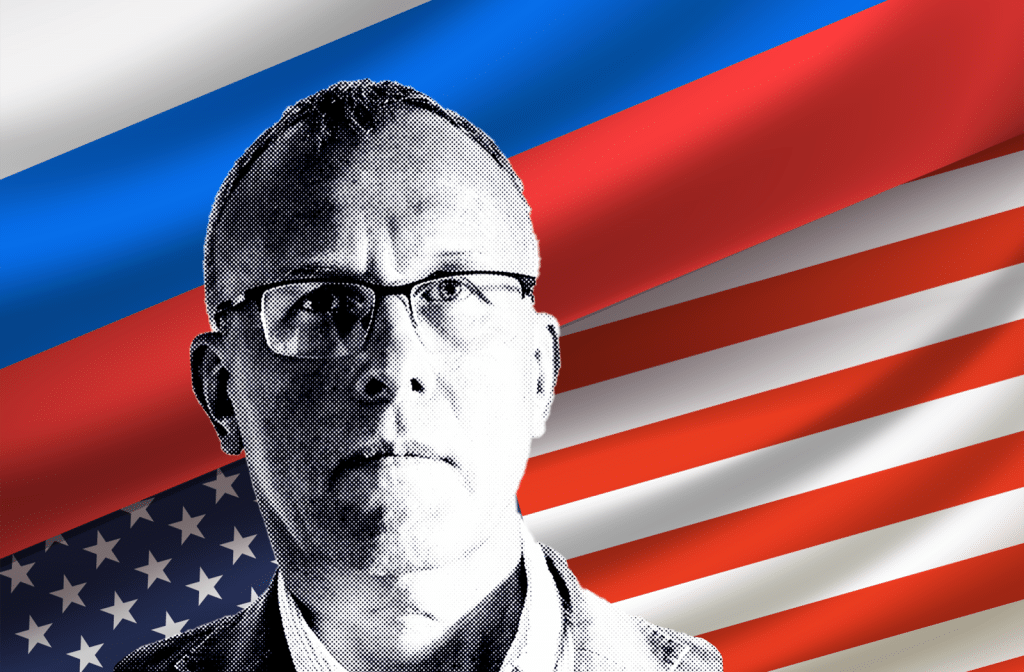
This article is part of a collection of expert commentaries on the Biden-Putin summit held in Geneva on June 16, 2021. To read other articles in the collection, click here.
As a resident of Geneva, I had a chance to see the US-Russian summit from a perspective that usually escapes the international audience or journalists who descend on a city at the center of international attention. Geneva is a small city, and the summit was big enough to disrupt its everyday life. There were blocked out streets, barbed wire around the villa, suspended bus lines, and schools switching to online lessons for the day of the meeting.
More precisely, the summit was made big enough. Judging by the theatrics of the preparations, both states wanted to send a signal that they take this meeting seriously. Of course, everybody insisted that the expectations were not particularly high and that it would be nothing like the Reagan-Gorbachev summit that also took place in Geneva in 1985. (The city newspaper quipped that it was more like a meeting between an anti-Reagan and anti-Gorbachev this time.) But the United States and Russia apparently felt that they needed certain summit gravitas if they wanted to have a chance to untangle the many problems that have accumulated in US-Russian relations. That part of the summit worked reasonably well, with barbed wire, suspended bus service, and motorcades.
What about the substance? One good sign is the apparently business-like tone of the discussions. Both presidents were cordial and emphasized that they are willing to work together on a range of issues. The summit even produced a brief joint statement that reaffirmed the principle that a nuclear war cannot be won and must never be fought and announced a launch of a strategic stability dialogue.
The reaffirmation of the nuclear war principle was a fairly uncontroversial step, even though it does not have the same ring today as it did in the 1980s. Today, a more appropriate statement would be the one that commits the world leaders to doing everything they can to make sure that nuclear weapons are never used. This, of course, would be too big a step, especially in current circumstances. And the old principle holds true today just as it did during the Cold War.
The prospects for success of the strategic stability dialogue are not entirely certain, and the presidents appeared to give their diplomats and military experts some time to find out if a meaningful progress toward a new arms control agreement is possible. The Russian diplomats believe that the discussions could start in weeks, rather than months. It appears that the plan is to begin the dialogue and, in about six months, take stock to see if the discussions are productive. They may not be—strategic stability is an elusive concept, especially if one tries to find a magical “security equation” that includes everything. On the other hand, strategic stability is also a malleable concept, and anything that works can be declared good for stability.
There are, in fact, quite a few good ideas that could become elements of future arms control agreements. The main one is to keep it simple. For example, a post-New START treaty could use the language of New START almost verbatim and set a lower limit on the number of deployed warheads. The idea of a freeze on the total number of weapons, briefly discussed in 2020, could be potentially productive if it starts with a political commitment and launches expert consultations on verification. And, of course, there is the Russian proposal to ban the deployment of intermediate-range missiles, which should be seriously examined and discussed. The United States and NATO would make a mistake by rejecting it, even if some of their concerns are somewhat justified. This is what the dialogue is for—giving Russia a chance to clarify its proposal and answer questions that the United States and its allies may have.
There are some bad or unworkable ideas too, so it will take a considerable effort to find a way forward. But the Geneva summit at least made it possible to begin this process. I would count it as success.
This article is part of a collection of expert commentaries on the Biden-Putin summit held in Geneva on June 16, 2021. To read other articles in the collection, click here.
Together, we make the world safer.
The Bulletin elevates expert voices above the noise. But as an independent nonprofit organization, our operations depend on the support of readers like you. Help us continue to deliver quality journalism that holds leaders accountable. Your support of our work at any level is important. In return, we promise our coverage will be understandable, influential, vigilant, solution-oriented, and fair-minded. Together we can make a difference.
Keywords: Biden, Putin, Russia, United States, nuclear weapons
Topics: Analysis, Nuclear Risk, Nuclear Weapons, Opinion



